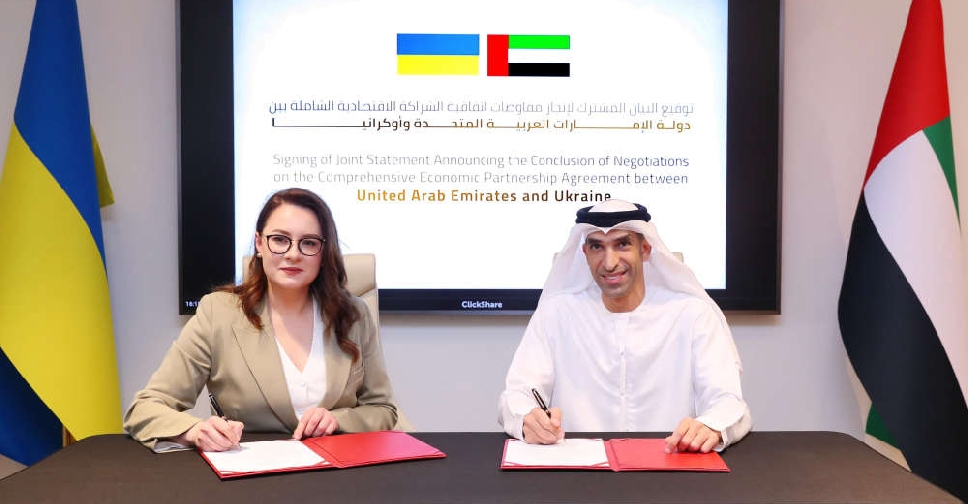
Energy companies in the Middle East reduced their borrowing by 26 per cent in 2016 as an increase in oil prices late in the year provided revenue needed for exploration and production. Bonds and loans issued by energy producers in the six-nation Gulf Cooperation Council declined 26 per cent to $17.5 billion from a record $23.7 billion in 2015, data compiled by Bloomberg show. Oil trader BB Energy Gulf DMCC in Dubai was the only borrower in the final six months last year, taking out $200 million to refinance debt. Crude oil rallied 16 per cent in the final three months of 2016 as oil producers from Organisation of Petroleum Exporting Countries (OPEC) and 11 non-OPEC nations agreed to cut output this year. Before the rally, lending had surged as energy companies turned to banks and investors for cash as borrowing costs fell and oil prices declined. The drop in lending later in the year was a boon to those who did borrow, with BB Energy increasing its refinancing from $175 million as the deal was oversubscribed. “If oil prices go up a few notches, it will help them rely less on international borrowing,” John Sfakianakis, director of economics research at Jeddah-based Gulf Research Center, said. “There’s more money available for oil companies to keep within rather than go out and borrow.” Borrowers also held back as costs increased. The JP Morgan Middle East Composite Index of the region’s debt yield, an indication of borrowing rates, averaged 4.7 per cent last year compared with 4.43 per cent in 2015. The gauge had dropped to a 16-month low in late August. In December, the US Federal Reserve raised interest rates and forecast a steeper path for 2017 increases. (Mohammed Aly Sergie/Bloomberg)
 UAE, Ukraine conclude terms of trade pact
UAE, Ukraine conclude terms of trade pact
 Elon Musk visits China as Tesla seeks self-driving technology rollout
Elon Musk visits China as Tesla seeks self-driving technology rollout
 Abu Dhabi Airports welcomes 6.9 million passengers in three months
Abu Dhabi Airports welcomes 6.9 million passengers in three months
 ByteDance denies media report of plan to sell TikTok
ByteDance denies media report of plan to sell TikTok
 Photos: UAE’s first operational vertiport unveiled in Abu Dhabi
Photos: UAE’s first operational vertiport unveiled in Abu Dhabi




